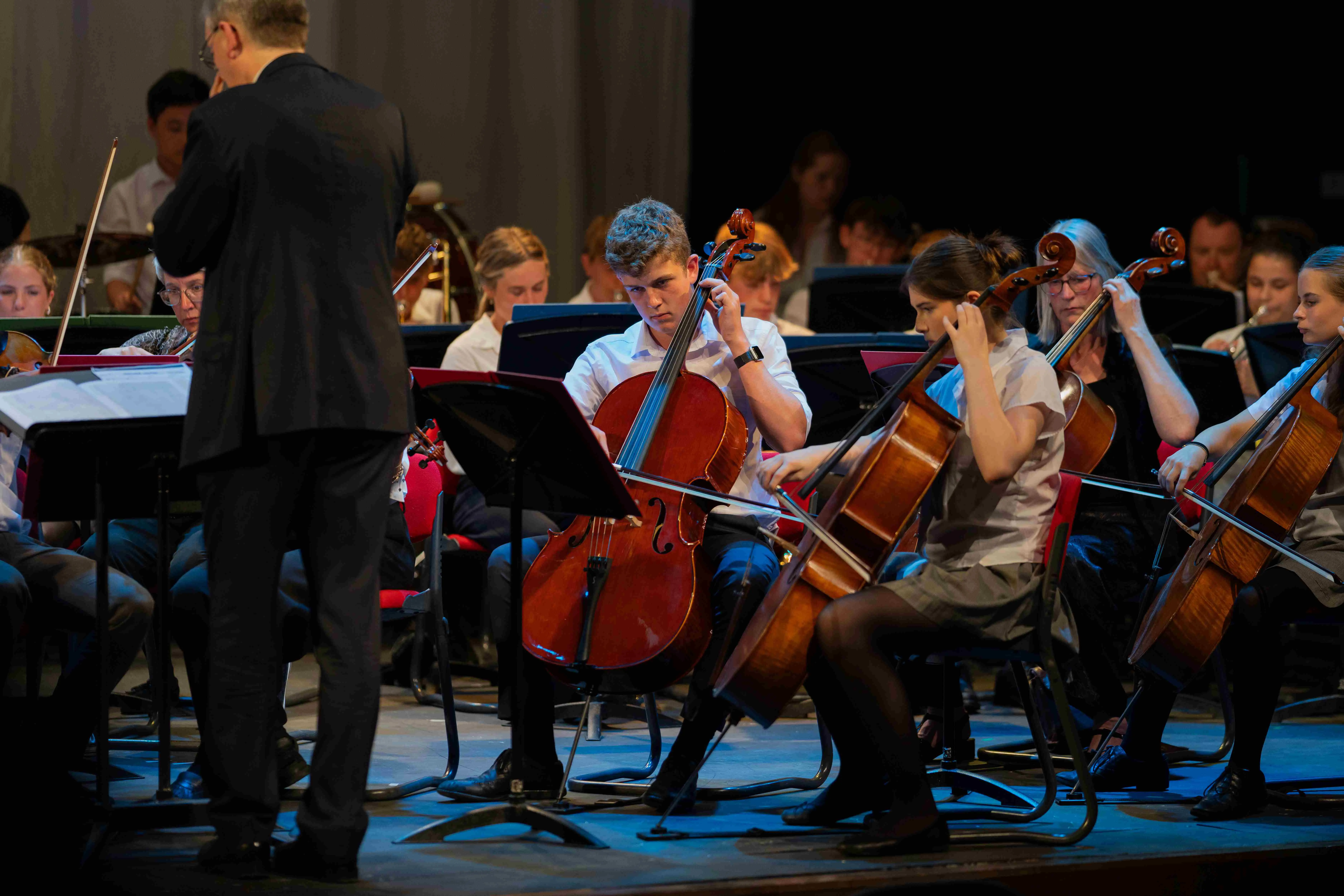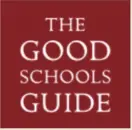
HOW SCHOLARSHIPS AND BURSARIES WORK AT PRIVATE SCHOOLS
Private (independent) schools across the UK want to attract bright, motivated and talented pupils from a wide range of backgrounds. To help achieve this, most offer some form of financial support. This support usually takes two main forms – scholarships and bursaries.
Understanding how each works, who can apply, when to apply and what the process involves can help families plan with confidence and make informed decisions about private education.
Understanding the Difference
Scholarships: Merit-Based Awards
Scholarships recognise outstanding ability or potential in areas such as academic study, music, art, design, drama or sport.
Unlike bursaries, scholarships are not linked to household income. At many independent schools, scholarships are largely honorary or carry a modest reduction in fees. At Repton, all scholarships are capped at 10% remission on tuition fees. Being awarded a scholarship at an independent school is a significant achievement.
Bursaries: Means-Tested Support
Bursaries are grants to help families who could not otherwise afford full school fees. They are awarded after a confidential assessment of household income, outgoings and assets. The size of the bursary varies between schools and depends on the family’s circumstances and the funds available.
Combining the Two
In some cases, a pupil may be awarded a scholarship on merit and then apply for additional means-tested bursary support. This combination enables talented pupils from lower-income families to access a private school education they might otherwise not be able to access.
Who Can Apply?
Scholarships are open to pupils who demonstrate exceptional ability, regardless of their family’s financial circumstances. The criteria will be clearly published on each school’s website.
Families unsure of their eligibility should speak directly to the admissions team. Repton’s Admissions Overview offers a helpful starting point.
Bursaries are typically available to families whose income and assets are below a school’s threshold. An early bursary application is advised as each school has limited funds and sets its own criteria. Common factors a means-tested bursary include assessing gross income, number of dependants, and the family’s financial commitments. At Repton, bursaries are only available to UK residents.

The Application Process
Although every school’s process is slightly different, the main stages are similar:
- Early Preparation - Register your interest well in advance – typically at least a year before the intended start date.
- Documentation - For scholarships, you will be asked to provide references, portfolios or records of achievements. For bursaries, you will be asked for detailed, up-to-date financial information, usually supported by payslips, tax returns and bank statements.
- Assessments and Interviews - Scholarships normally involve an examination, audition, trial, portfolio review or interview, depending on the discipline. Many schools hold scholarship assessment days where prospective candidates are assessed together in open competition. Bursary assessments are conducted by the finance department and are usually paper-based, but schools may also wish to meet the family.
- Notification of Awards - The school informs families of the outcome, the level of award and any conditions. Bursaries are typically reviewed annually.
For more details about what an education at a private boarding school can offer, see Boarding House Life and Pupil Wellbeing.
How Awards Are Decided
Scholarships are awarded to the most impressive candidates at assessments, auditions or interviews, taking both achievement and potential into account. Awards are normally conditional on continued good conduct and effort. Schools reserve the right to vary or withdraw support if circumstances change significantly.
For bursarial support, the finance department committee weighs up financial need, the number of bursaries it can offer in any given year, and the school’s budget. They may also consider the child’s contribution to school life.
What Level of Support Can You Expect?
Scholarships at Repton are capped at 10% remission - this is common across the sector. Additional costs such as uniform, trips, music lessons and examination fees are usually not included. Families should budget for these extras. Annual reviews mean bursaries can increase or decrease if household income changes.

Tips for a Strong Application
- Start Early: Make initial enquiries a year or more ahead of entry.
- Be Thorough: Submit complete and accurate financial documents. Missing information delays decisions.
- Prepare Your Child: Practice assessments or auditions in a low-stress way so your child feels confident on the day.
- Highlight Achievements and Enthusiasm: Schools look for pupils who will make a positive contribution and have lots of potential both in their preferred discipline and as a role model within the school community.
- Keep in Touch: Don’t hesitate to contact the Admissions office with questions.
Navigating Financial Support for Private Education
Scholarships and bursaries are intended to widen access to independent schools. They ensure that a pupil’s potential and enthusiasm – not just their family’s financial means – can open doors to outstanding opportunities.
By understanding the differences, preparing early and engaging openly with schools, families can maximise their chances of receiving support.
Ready to explore your options? Visit Repton School or complete our Enquiry Form to discuss your child’s future with our admissions team.
For a full guide on how to apply for a place at an independent school, read How to Apply to a UK Independent School.
Frequently Asked Questions
Can my child hold more than one scholarship?
At some schools, yes – for example, academic plus music. However, the total fee remission may still be capped.
Are there deadlines?
Yes. Most schools set scholarship and bursary deadlines well before the main admissions deadline. Check dates early.
Will my award continue every year?
Usually, but bursaries are reviewed annually to reflect any changes in circumstances, and scholarships may be subject to satisfactory progress and conduct.










